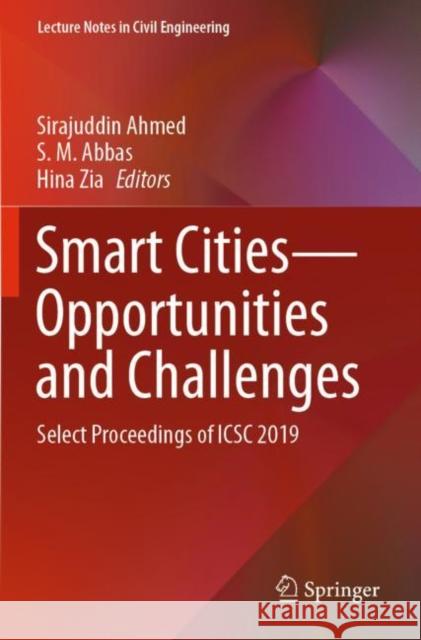Smart Cities--Opportunities and Challenges: Select Proceedings of Icsc 2019 » książka
topmenu
Smart Cities--Opportunities and Challenges: Select Proceedings of Icsc 2019
ISBN-13: 9789811525476 / Angielski / Miękka / 2021 / 904 str.
Smart Cities--Opportunities and Challenges: Select Proceedings of Icsc 2019
ISBN-13: 9789811525476 / Angielski / Miękka / 2021 / 904 str.
cena 1610,24
(netto: 1533,56 VAT: 5%)
Najniższa cena z 30 dni: 1465,09
(netto: 1533,56 VAT: 5%)
Najniższa cena z 30 dni: 1465,09
Termin realizacji zamówienia:
ok. 16-18 dni roboczych.
ok. 16-18 dni roboczych.
Darmowa dostawa!
Kategorie:
Kategorie BISAC:
Wydawca:
Springer
Seria wydawnicza:
Język:
Angielski
ISBN-13:
9789811525476
Rok wydania:
2021
Wydanie:
2020
Numer serii:
000798671
Ilość stron:
904
Waga:
1.53 kg
Wymiary:
23.37 x 19.56 x 4.32
Oprawa:
Miękka
Wolumenów:
01











